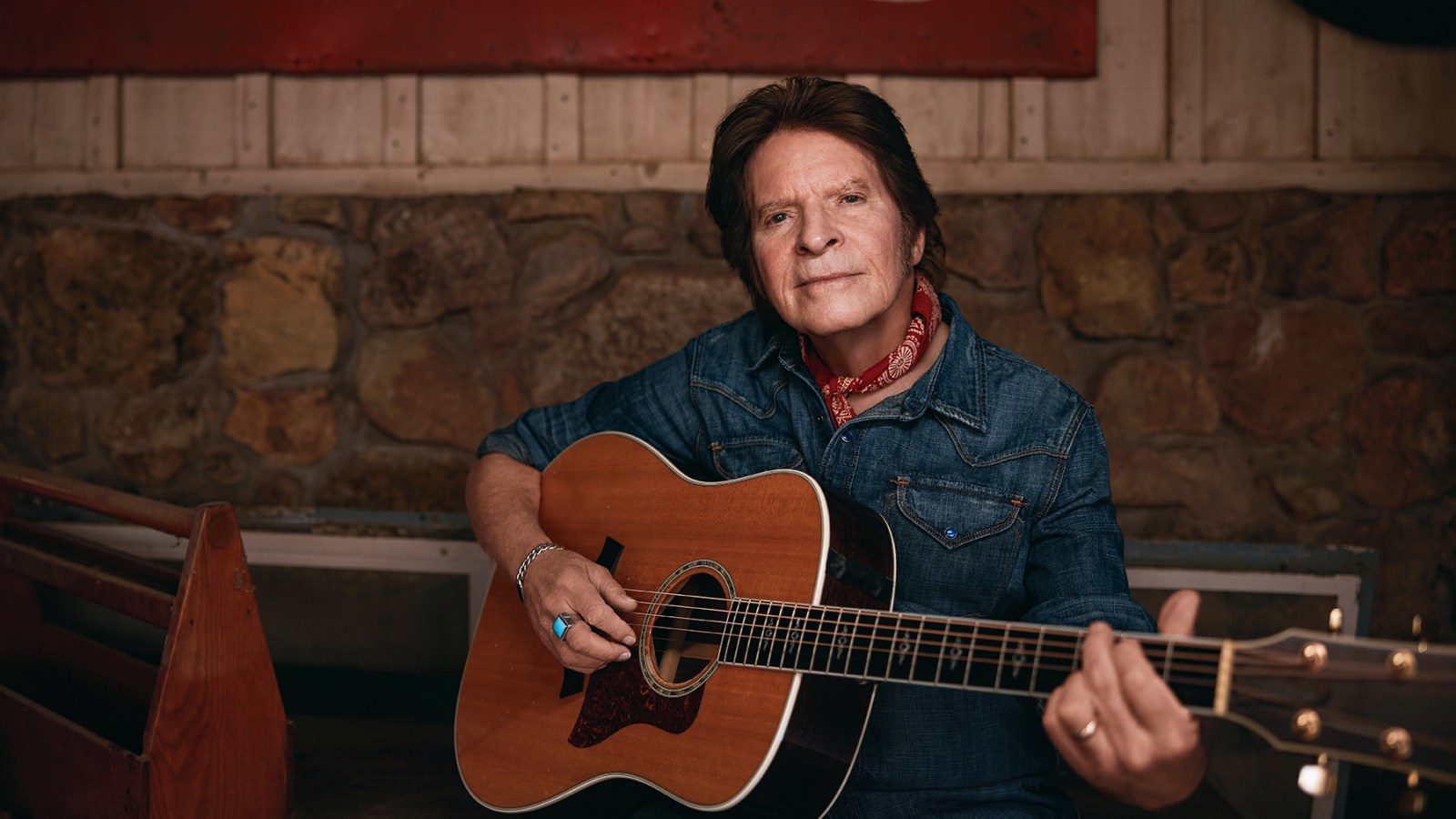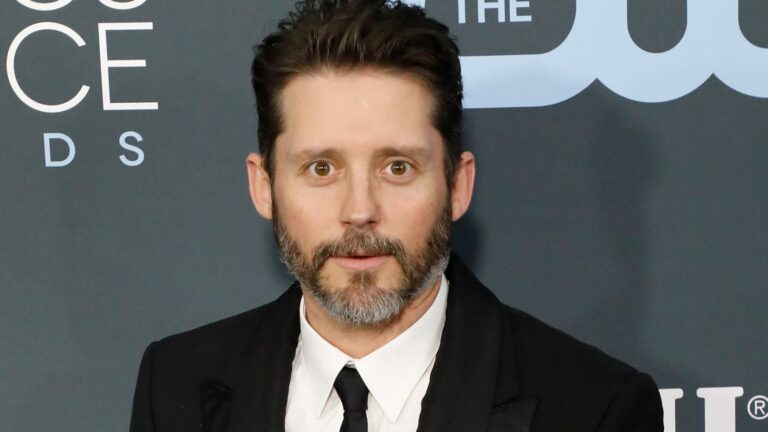“I knew I had done something remarkable,” John Fogerty says of his years with Creedence Clearwater Revival in the new episode of Rolling Stone Music Now. “In a sense, I did what the Beatles did, but I did it all by myself. I didn’t have two other guys to write songs with me.”
For his new album, Aug. 22’s Legacy: the Creedence Clearwater Revival years, Fogerty re-recorded classics (from “Born On the Bayou” to “Have You Ever Seen the Rain”) with his sons Shane and Tyler filing in for the long-since-split band. In our new podcast interview, Fogerty dives into Creedence’s roots, gives his former bandmates a bit of praise, and much more. (To hear the whole episode, go here for the podcast provider of your choice, listen on Apple Podcasts or Spotify, or just press play above.) Some highlights follow:
Fogerty is glad his friend Bruce Springsteen spoke out against Trump, and thinks the president made a tactical error even Richard Nixon would’ve avoided in calling out Bruce by name. “I’m really proud of Bruce for just sticking up for his values and, and not being afraid to voice them,” Fogerty says. “Even though they’re very similar, President Nixon would’ve realized not to give the other side publicity by acknowledging and talking about it. ‘Cause you just make it more famous when you do that.”
Fogerty is deeply unimpressed with AI music, even as the fake-band likes of Velvet Sundown attempt a vaguely Creedence-like sound. “All of that is elevator music,” he says. “All of it. That elevator can go many more stories high than the Empire State Building, and it would just still be elevator music. It’s a machine. It’s created artificially and fake and for all the wrong reasons. There’s no actual angst. There’s no real experience in there, so of course I don’t like it.”
The swampy guitar sound highlighted in “Born in the Bayou” was Fogerty’s version of the tremolo Staples Singers guitarist Pops Staples used. “That was Pop’s very unusual sound,” Fogerty says. “I think the first record I remember was [1956’s] ‘Uncloudy Day.’ I would use vibrato mixed with tremolo [on a Kustom amp] and that was just the killer effect.”
Even after decades of bad blood, Fogerty acknowledges the unique chemistry of the original CCR lineup. “Those are the four people that made those records,” he says. “And that didn’t particularly happen again in history. So obviously those four human beings are unique human beings. I still give a lot of credit to the way something like ‘Proud Mary’ feels or ‘Born on the Bayou.’ And there is mystery in that — there’s a mysterious aura or ingredient that I’m not gonna sit here and say was in my pocket.”
Fogerty’s incredible output in 1969 — the year Creedence somehow released three classic albums — came from desperation. “I said, well, basically I’m now a one-hit wonder,” he says of the moment after the band’s cover of “Suzie Q” hit the charts. And I also realized, ‘It took us so long to get here. Now you only get five minutes to do the next step because the spotlight will move on to Led Zeppelin or somebody. It’ll just be over for you if you don’t come up with it now.”
Download and subscribe to Rolling Stone‘s weekly podcast, Rolling Stone Music Now, hosted by Brian Hiatt, on Apple Podcasts or Spotify (or wherever you get your podcasts). Check out six years’ worth of episodes in the archive, including in-depth interviews with Mariah Carey, Bruce Springsteen, Questlove, Halsey, Neil Young, Snoop Dogg, Brandi Carlile, Phoebe Bridgers, Rick Ross, Alicia Keys, the National, Ice Cube, Taylor Hawkins, Willow, Keith Richards, Robert Plant, Dua Lipa, Killer Mike, Julian Casablancas, Sheryl Crow, Johnny Marr, Scott Weiland, Liam Gallagher, Alice Cooper, Fleetwood Mac, Elvis Costello, John Legend, Donald Fagen, Charlie Puth, Phil Collins, Justin Townes Earle, Stephen Malkmus, Sebastian Bach, Tom Petty, Eddie Van Halen, Kelly Clarkson, Pete Townshend, Bob Seger, the Zombies, and Gary Clark Jr. And look for dozens of episodes featuring genre-spanning discussions, debates, and explainers with Rolling Stone’s critics and reporters.



